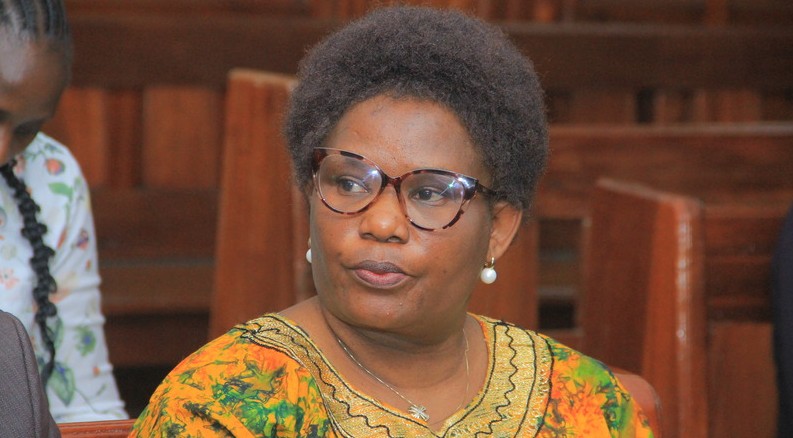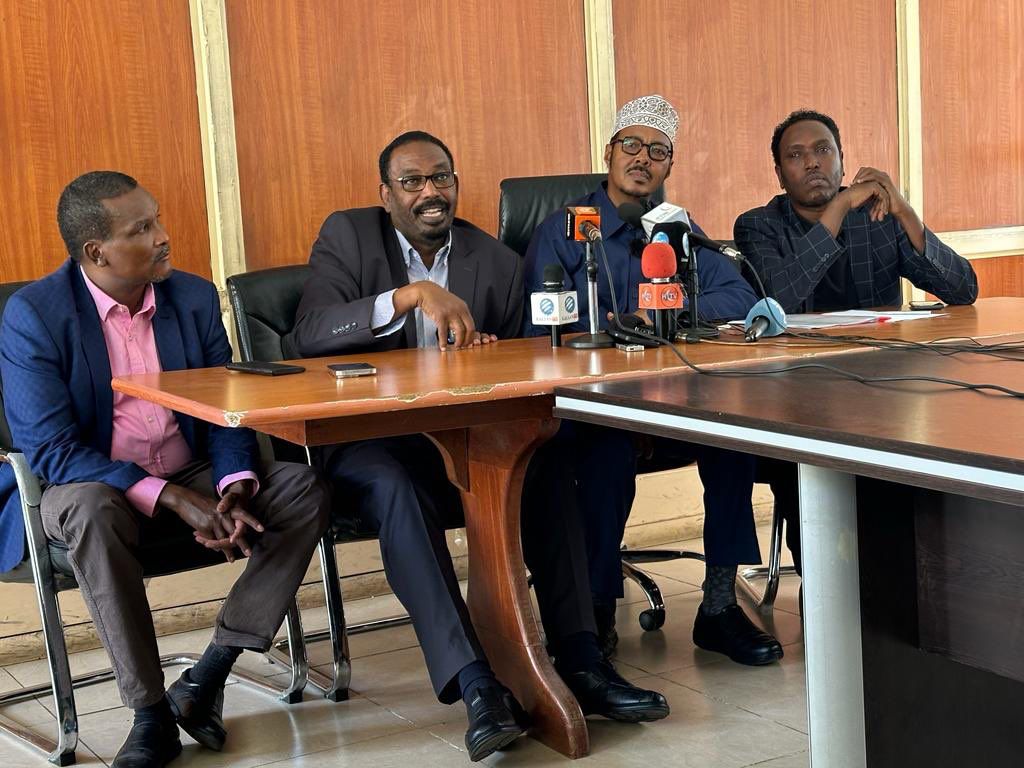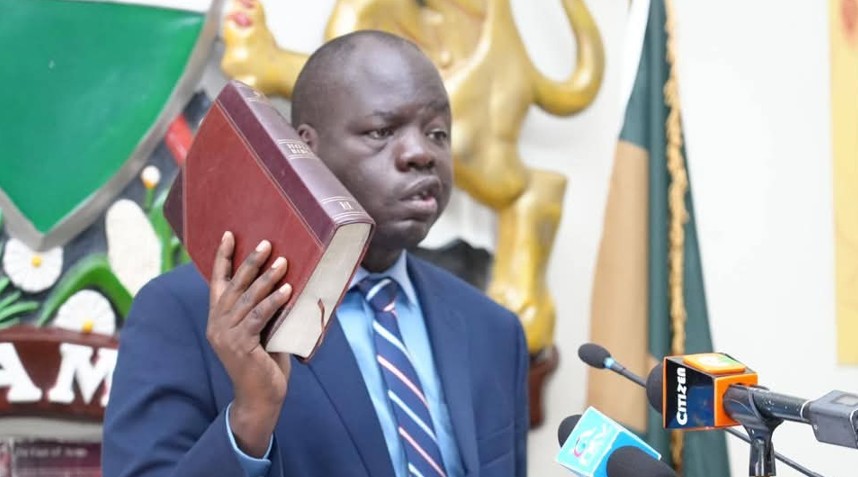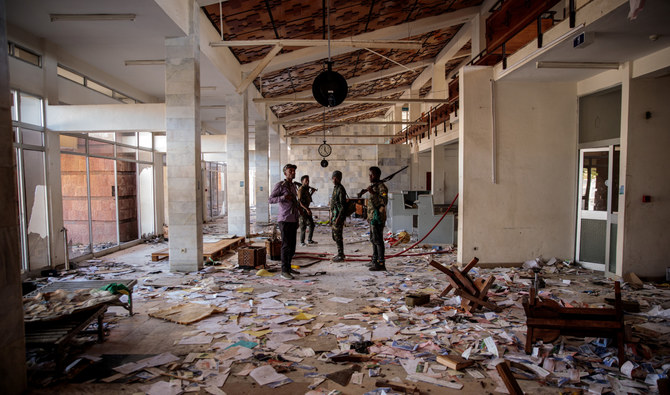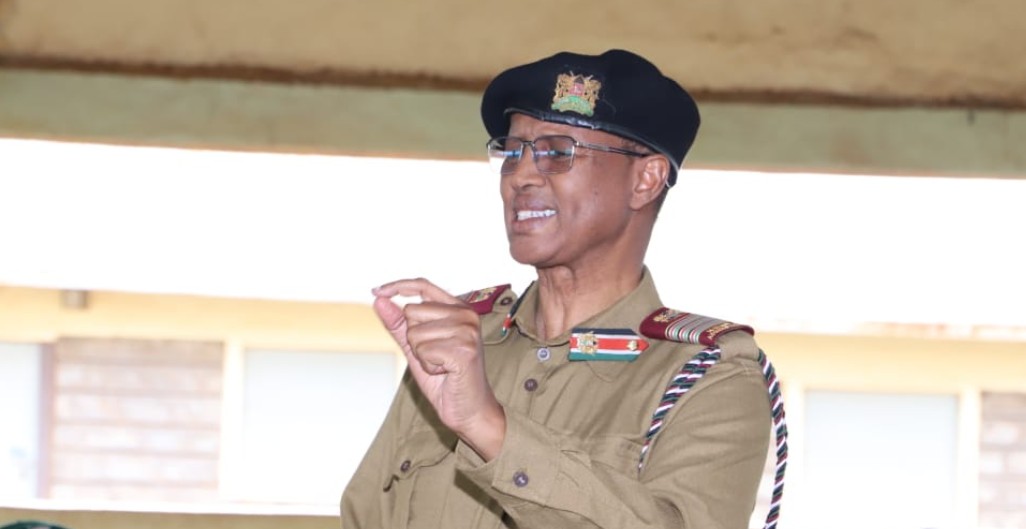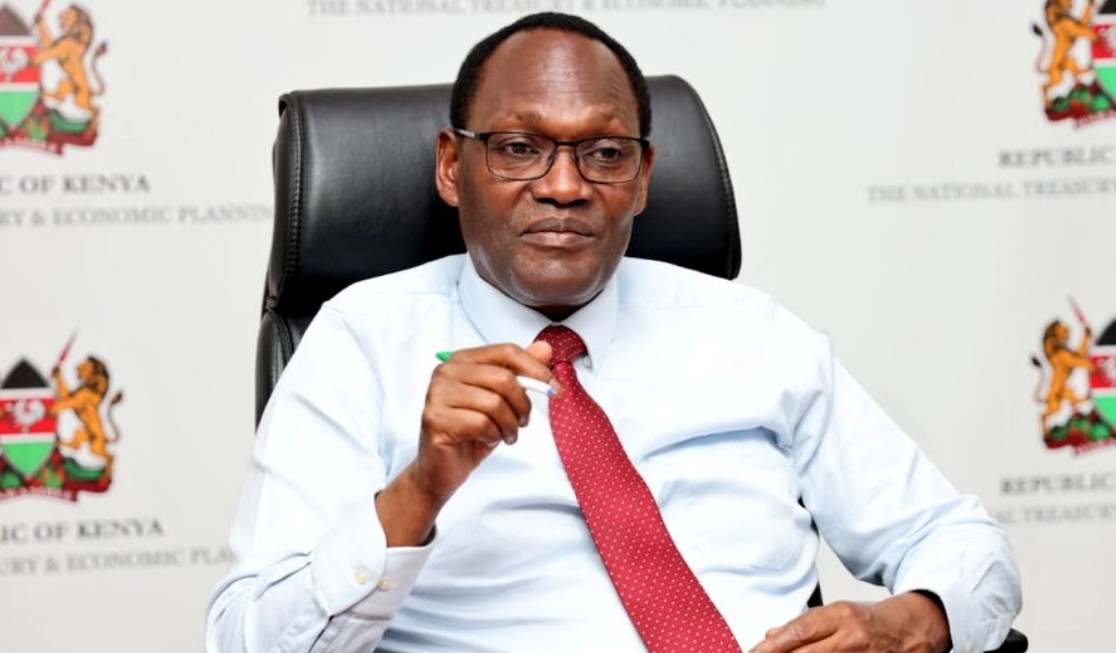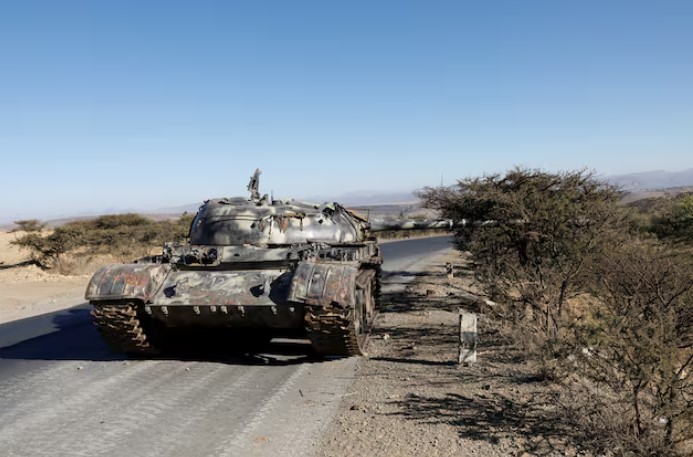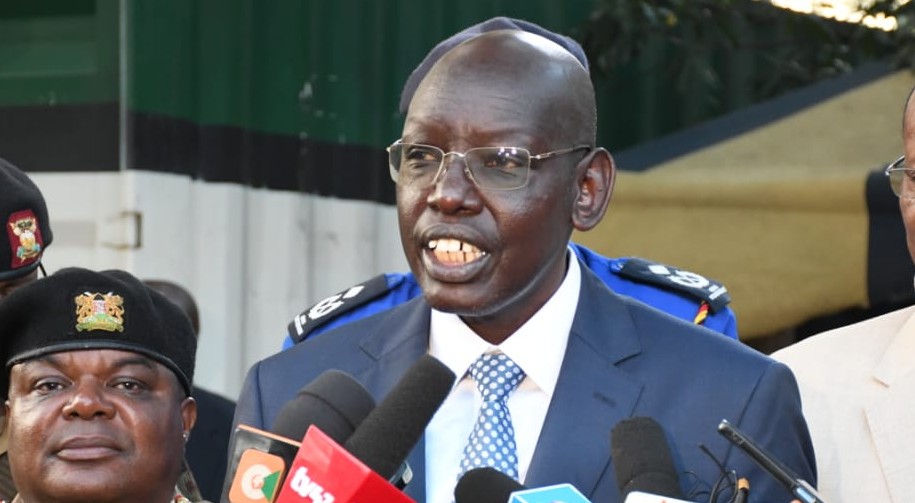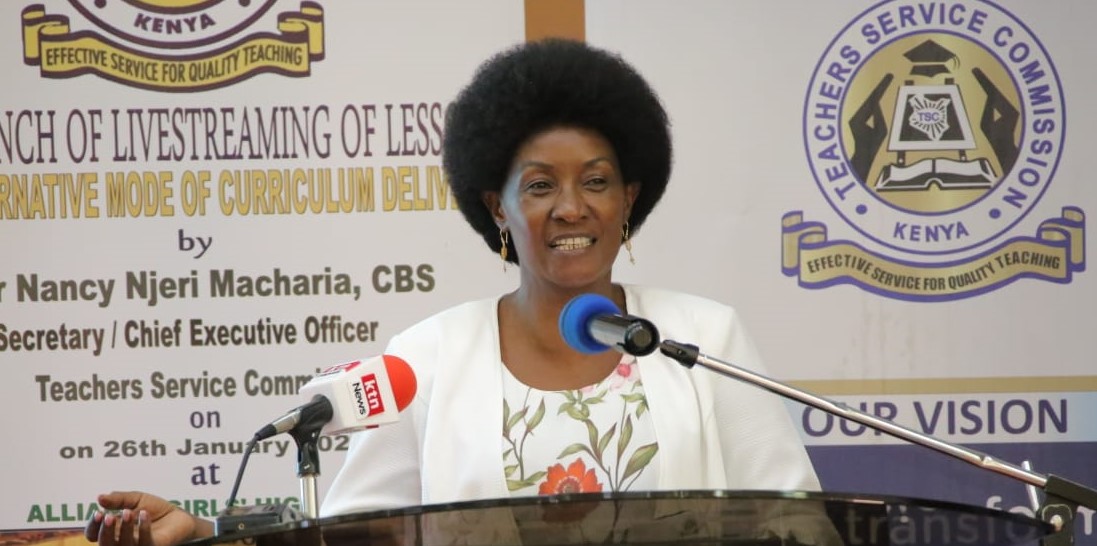Over 800 households to benefit from waste segregation pilot project in Likoni, Mvita
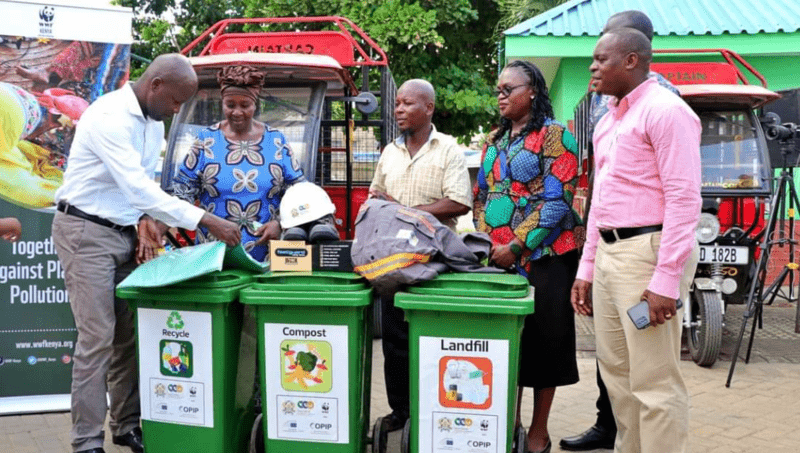
The initiative aims to encourage recycling practices, support the circular economy, and minimize waste being deposited at Mwakirunge dumpsite, a significant landfill in Mombasa.
Residents of Likoni and Mvita sub-counties in Mombasa County are poised to benefit from a waste collection and maintenance initiative led by the County Government's Department of Environment and Solid Waste Management.
In the chosen zones, over 800 households have been selected to separate their waste into three bins, categorising dry, wet, and hazardous waste.
More To Read
- Government orders nationwide removal of asbestos, property owners to bear costs
- Waste transporters to label vehicles according to waste types under new rules
- New report shows Kenya losing Sh534 billion annually to deforestation, forest degradation
- Mwatate residents finally breathe fresh air as Chakaleri dumpsite is decommissioned
The initiative aims to encourage recycling practices, support the circular economy, and minimize waste being deposited at Mwakirunge dumpsite, a significant landfill in Mombasa.
The Clean Oceans Project Identification and Preparation (COPIP), backed by the European Investment Bank (EIB) and in collaboration with the Department of Environment and Governance, is a pilot initiative focused on gathering segregated waste.
At its inauguration, protective equipment (gloves, masks, and safety boots), three bins, bin liners, and an electric tuk-tuk were provided to youth and women groups engaged in waste management. This not only empowers them but also facilitates the transportation and disposal of waste.
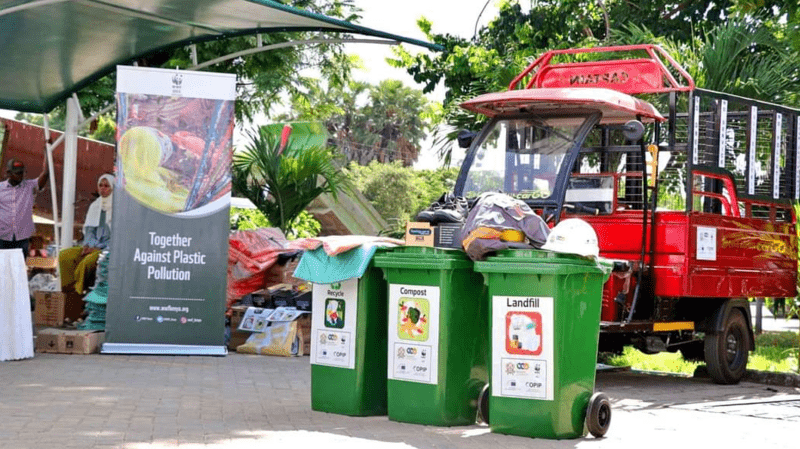 The three bins that will be used to segregated waste. (Farhiya Hussein)
The three bins that will be used to segregated waste. (Farhiya Hussein)
Chief Officer of the Department of Environment and Governance Pauline Oginga emphasised that the project is a significant stride in their efforts to implement waste reduction, recycling, and reuse practices through waste segregation.
Oginga highlighted that the county government currently disposes of 56 per cent of its waste at Mwakirunge dumpsite, incurring a daily cost of approximately Sh550,000.
"We are looking at reducing waste through segregation, aiming to send only 5 per cent to Mwakirunge, our target for a sanitary landfill. The waste volume going there holds potential for economic reuse, fostering self-employment and bolstering food security by providing income for purchasing food," she said.
She explained that in conjunction with the World Wildlife Fund (WWF), the county government has undertaken education initiatives for households and waste management personnel.
"When the project starts, we'll witness a behavioural shift. Mixing waste pollutes the environment, so by moving in this direction, those managing segregated waste will find it easier to access recycling options. This will save the county money on waste transportation to dumpsites, redirecting funds towards development," she said.
WWF has provided bins, bin liners, and electric tuk-tuks to decrease carbon emissions.
WWF's Head of People and Culture, Bernard Tonga, emphasized the importance of tackling waste management issues in the country, leading to the initiation of a pilot project to observe community waste management behaviours. Tonga mentioned the selection of 800 households for training and piloting the project, aiming to assess its effectiveness and potential for expansion to other regions.
Top Stories Today
